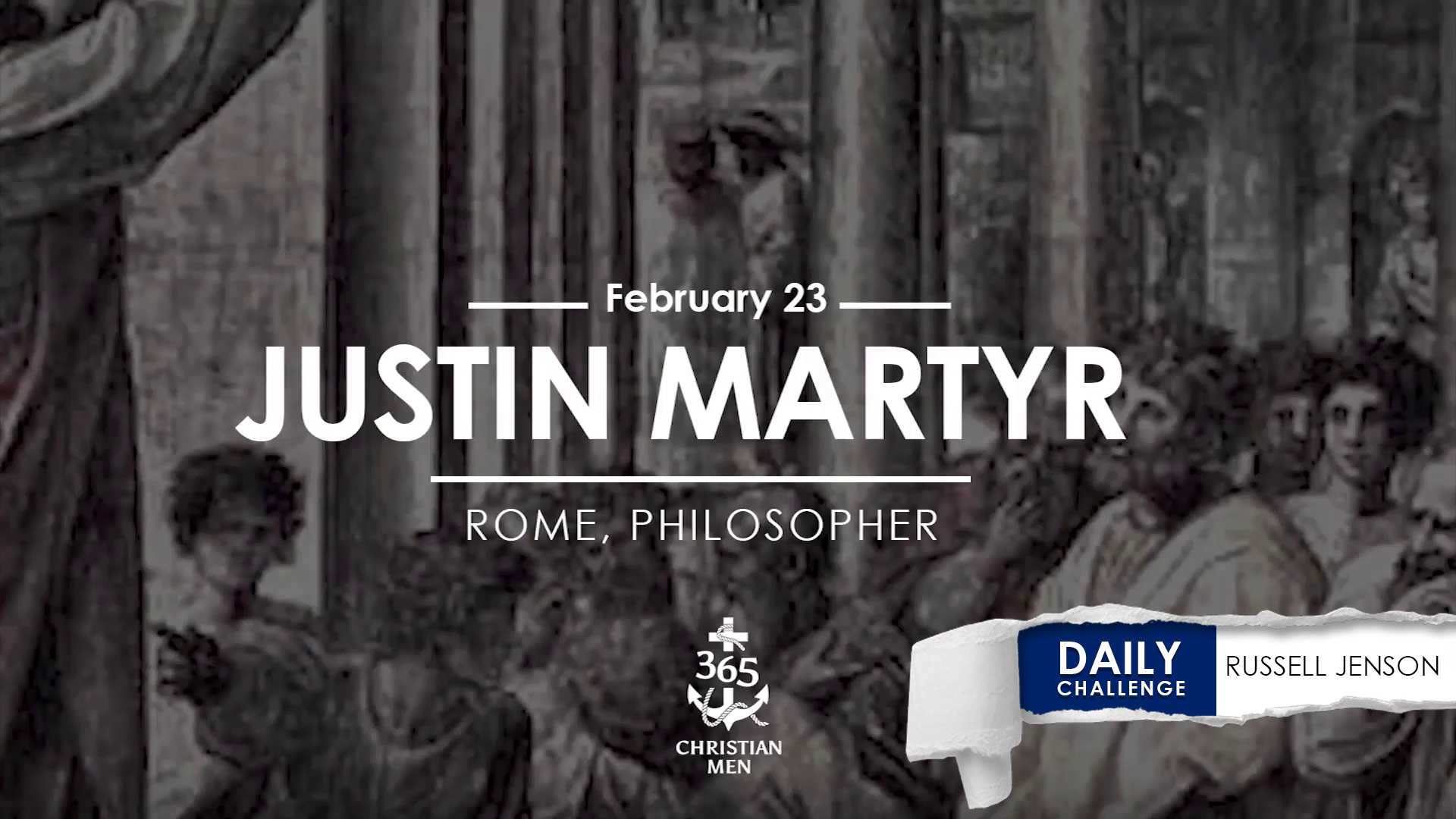March 4. Franco Santoriello. “When Franco was a teenager, his dream was to play football. He practiced hard, got good grades to get a scholarship, and even wanted to take ballet to improve his game. While weight training, a gym buddy told him about a body-building competition and urged Franco him to compete.
Franco thought the bodybuilders at the gym looked cool, but he wasn’t interested in that sport. But his friend insisted, and Franco eventually agreed and joined the competition. He won second place, despite being the youngest of the twenty-one competitors.
Ever since then, Franco dreamed of becoming the best bodybuilder he could be. Within a few years, he was travelling internationally and competing against the strongest men in the world. At 18, he was in Switzerland doing international bodybuilding competitions. By 24, he got his pro card. He was in the top 20 in the world and well on his way to winning Mr. Olympia, the top testosterone cypionate for bodybuilding competition in bodybuilding. That’s a lot of glory for such a young man to handle.
Self-glorifying talent leads to destruction, but God-glorifying talent leads to life and healing.
For Franco, adulthood had barely begun, and he was already signing autographs and rising in popularity with a sport that celebrated strength and power in men.
But in private, he struggled with drugs and sometimes partied so hard that his workout regime took a hit.
Franco knew the drugs were wrong. And when his older brother invited him to church, Franco rushed to the altar and accepted Christ because he knew he needed God and didn’t want to go to hell. But the glory of bodybuilding offered so many things he didn’t want to give up. Pride. Drugs. Women. Franco wanted Christ as his savior, but not his Lord. After all – he was already in his prime. His talent and his good genes had already brought him so high, he was one of the strongest men in the world. Nothing would take him down.
But in time, the drug use took its toll. Franco went to rehab—six times, but the addiction still gripped him. By 30, he had done his last show. “I couldn’t recover. I wanted to recover, but couldn’t recover,” Franco said. Eventually, he hit rock bottom and ended up in prison.
Anxious, depressed, and full of despair, Franco wondered what had happened. Now overweight, there were times he could barely walk. He’d survived a heroin overdose and a widow-maker heart attack. And he needed help. While in prison, he cried out to God. Now he realized, he needed more than a savior. He needed a Lord.
When He read the Bible, things began to click. His spirit had been starving. He went back to the gym and started exercising again. What started off as five minutes a day for the Bible and five for the workout turned into four hours a day for each. Within nine months, he lost a hundred pounds. More importantly, he knew he had to focus on what God said.
When Franco got out of prison, he was determined to continue his new regimen. And he would take the gospel to the addict and the convict. Because he was a bodybuilder, he now had a platform to help others who had been just like him. Franco felt the Lord say, “What I’m doing for you, I want you to do it for them.”
At first, Franco didn’t know where to begin his ministry, but God provided a way. People were asking “What happened to Franco Santoriello?”
When he reappeared, he got asked to share his story—not only in the prisons, but in bodybuilding podcasts and other venues. Franco’s strength and appearance gave him credibility, and his experience made people want to listen. “I lived it,” Franco said. His audience was able to relate to him.
Today, Franco ministers not only to prisoners and addicts, but to bodybuilders, as well. “There is victory. There is hope. There is life in Christ,” he says. And though many enter bodybuilding, only a few make it professionally. Franco understands, however, that no matter where they end up, every athlete goes all in, and he wants to help them find their true purpose in Christ. His mission statement is “to encourage, motivate, and inspire those that are broken, bound, and bruised into living a victorious and purposeful like in Christ.”
“Finally, be strong in the Lord and in His mighty power” (Ephesians 6:10 NIV).
Think about your talents. Are you using them to glorify yourself, or Christ? Self-glorifying talent leads to destruction, but God-glorifying talent leads to life and healing.














